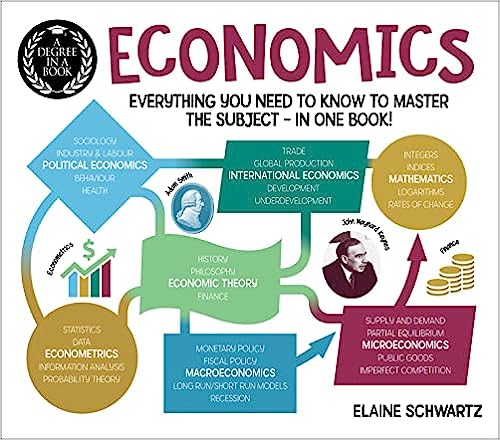Relating to prices, a local multiplier and vacancies, there are tradeoffs if municipalities change the competitive market structure by banning chain stores.
Weekly Roundup: From Fake Stats to Slippery Glue
Our Posts Roundup Sunday 3.22.15 The bundles that make life pleasant…more Monday 3.23.15 Where American cars are made…more Tuesday 3.24.15 What March Madness really represents…more Wednesday 3.25.15 Why Sunday shopping matters…more Thursday 3.26.15 Making ketchup that glides…more Friday 3.27.15 How…
Why We Want New iPhones
A competitive strategy, planned obsolescence is controversial. It can spur innovation and growth or represent corporate waste and consumer manipulation.
Weekly Roundup: From Turkey to Buffalo
This week’s everyday economics include competition, oligopoly, marginal cost and benefit, GDP growth, unemployment, supply and demand, OPEC, redistribution.
How To Make a $200 Sneaker Worth $8000
As an oligopoly, Nike uses limited edition sneakers, coveted by Sneakerheads, to compete because they create cache, a cool image, and eliminate discounting.
Hey, Spotify. Taylor Swift called. She wants her money.
With the music industry moving from CDs to streaming, firms like Spotify have created new supply and demand and new incentives for performers and providers.
Next Day Delivery and the Prisoner’s Dilemma
Retailers face the prisoners’ dilemma when deciding whether to keep next day shipping guarantees on December 23rd because a decision relates to what others do.
Are You Buying Less Soup?
Canned food used to be aspirational. The ads in 1918 said that easy-to-use canned foods gave Mom more time to play with the kids. Canned Foods were healthy. They were versatile. You can see where we are going. A perfect…

















